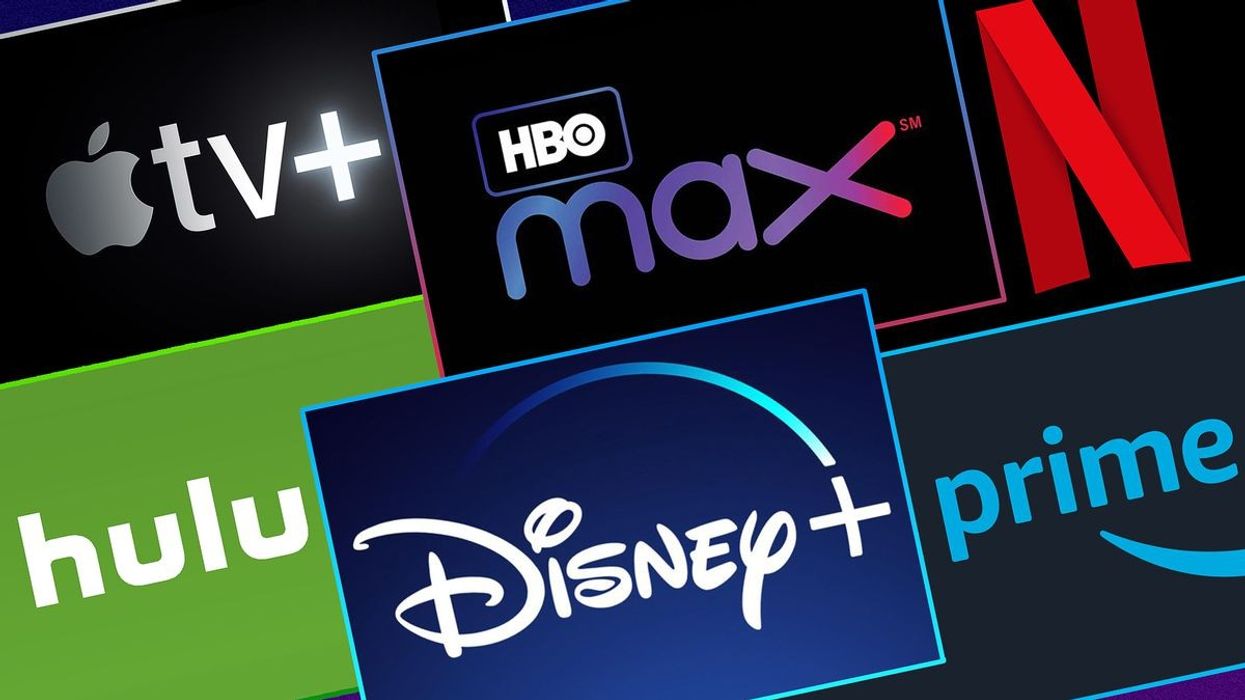What Streaming Service Has the Most Subscribers Globally?
This infographic details which streaming services reign supreme across the globe.

It's hard for me to think globally when it comes to entertainment, but I need to. The thing is, the USA is no longer Hollywood's only focus. Sure, we're a huge market and they want to make money here, but the business is expanding all over the world.
The rise in digital cameras and equipment has made shooting movies and TV easier, so we are seeing shows pop up in every country.
How are people watching this stuff?
Well, a lot of it is picked up and shown by streamers, who make money all over via subscribers.
These subscribers pay the bill, and the money that comes in gets funneled into making new shows and acquiring things to put on the service. So the big question remains, who is the largest streaming service across the world?
The answer is simply, Netflix.
Netflix remains the world's largest subscription streaming service with roughly 183 million paid subscribers worldwide as of March 2020. That number has certainly grown during the pandemic, but we do not have new figures yet.
But across the world, everyone is watching Netflix.

If you find this number staggering, take into account that this represents a year-over-year subscription growth of 22.8%. That growth rate is astonishing. Netflix is predicting membership growth will continue in the second quarter of 2020, with the company forecasting an increase of 25.6% for the quarter.
Again, I bet it's even more than that thanks to people being stuck at home and Netflix's ability to show new things made just for them before the pandemic hit.
Who comes in second place?
The company's main competition, for now, is Amazon, whose Prime Video service is cheaper and boasts 150 million subscribers.
Hulu's numbers are much less than those who subscribe to Netflix and Amazon. Hulu hit 30.4 million subscribers by the end of 2019, but since Hulu is owned by Disney, you also have to take into account Disney's big move of 2019...Disney+.
Disney+ launched in November 2019 and, by the company's first fiscal quarter of 2020, had already amassed more than 26.5 million subscribers in the United States. Now it has almost 60 million. That number rises more and more each day.
Yes, streaming is the future and the future is now.
Time will tell if HBO Max or Peacock can expand enough to join the race.
But for now, the game is global. Expect to see that emphasis in companies that want to focus on building outside of just North American and Europe.
Who do you think is producing the smartest content in the streaming wars and why?
Let me know in the comments!












